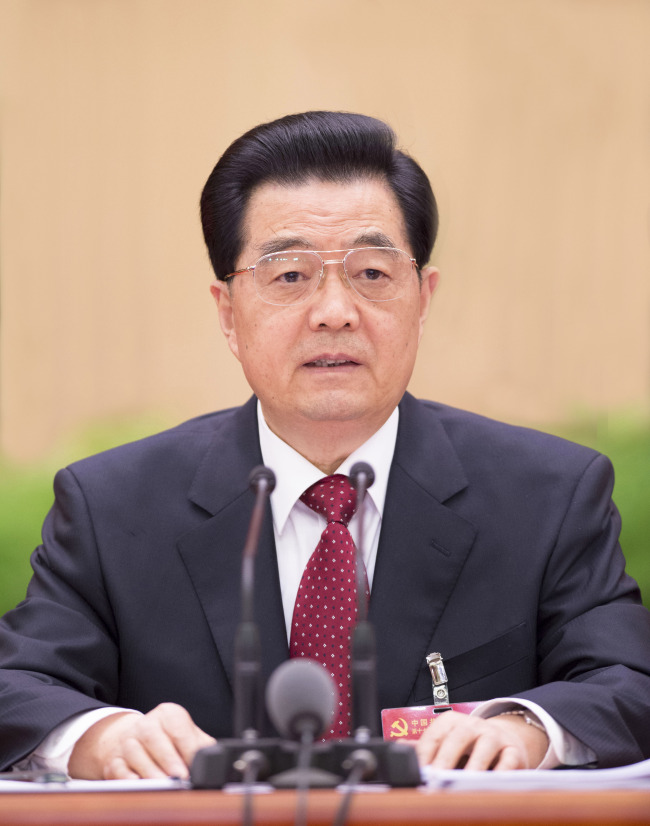As Chinese President Hu Jintao prepares to leave office, his likely successor Xi Jinping faces pressure to bring change that never came under Hu.
During his time in office, Hu has seen China grow in stature, particularly in terms of its economic and military profile.
He has appeared keen to increase China’s involvement in international issues, notably by hosting the six-party talks on denuclearizing North Korea. But the form of that increased involvement has not always been welcome by other world powers, especially in its attempts to block action against “rogue states.”
 |
Hu Jintao |
Meanwhile, Hu’s tough stance on international issues, particularly territorial disputes, has fomented nationalism at home and worry and antipathy abroad.
His successor’s stances on these issues are not well known, but his tendency for tough words suggests that China is unlikely to soften its stance under Xi, who will be under pressure to show leadership.
This is also an area where Hu could retain some power, by following the example of his two predecessors and holding onto his position as chairman of the country’s Central Military Commission.
In that case, it raises questions about how the chain of command would work if things ever came to blows.
The nature of China’s consensus-driven, one-party politics means that change tends to be incremental rather than abrupt, and increased wealth and might under Hu seems to have reinforced this. Heavy, sometimes absurd, censorship remains in China and dissidents and rebellions are cracked down on harshly.
Some outside China were optimistic of positive change under Hu, but their hopes have been unfulfilled in most areas.
When Hu came to power he was seen as a possible reformer, but reform has not come as fast as many would like. Not long into his term he said China should look to Cuba and North Korea when managing ideology and has also sent officials for ideological training.
He has also stressed the need to address the growing gap between the urban rich and rural poor, using the slogan “putting people first.” But income in cities is still three times that in the countryside.
This is one of many economic challenges his successor will face. The economy is losing steam, and there are persistent worries of a property bubble. An expectant rural poor may finally come to the table to find that all the best food has been eaten.
By Paul Kerry (
paulkerry@heraldcorp.com)








